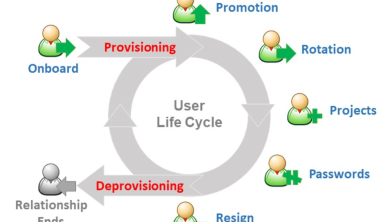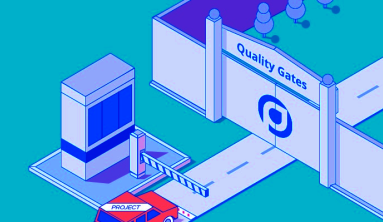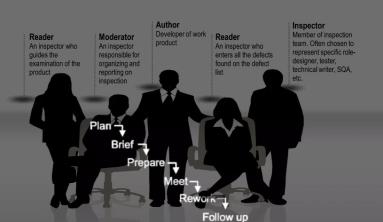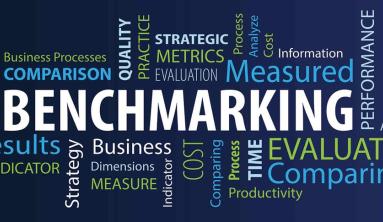I made a framework for negotiating software deals. It's made of 9 categories of questions you answer from your point of view first, and research possible answers from your negotiating partner's POV.
This defines your scope. Answers fit one of three groups:
- Ones you care about, that you will fight for
- Irrelevant to you, which you can give up in negotiations
- Issues relevant to both parties - these are going to be the main issue of your negotiations.
Here are the points that should be covered during negotiations:
1. Terms of payment
- Will the client pay anything in advance?
- If so, what’s the size of the advance?
- When will the advance be due?
- How much time passes until you issue an invoice?
- What events trigger issuing an invoice? (first of the month, after the deal is signed, when the project is ready?)
- When will the main payment be due?
- Are you going to add interest (and how much?) for exceeding the due date of advance/main payment?
- When should you deliver the service/product?
- What if there’s no contact with the client after finishing the project and before reception? It’s seen as delivered after 5 days with no reply?
- Are there going to be penalties for missing deadlines?
- Which deadlines? How big the penalty? How will it be invoiced?
2. Price
- Fixed price? (payment for the whole project)
- Time and materials price? (payment for costs and hours spent on a project)
- What currency will be used to settle the payment?
- How much will they actually have to pay you?

3. Range and additional services
- What is the full range of services you can offer?
- Partial reception or full reception?
- Are you going to offer additional services?
- Will they be included in the price, or paid for separately?
- What additional services can you offer?
- Are you going to offer a framework agreement for additional hours?
- If not – what if additional hours will be necessary?
- Should additional hours be at a preferential price?
- What technologies / methodologies are going to be used in your process?
4. General issues
- What should be the localization of a lawsuit, if there is one?
- Based on which country’s law will it be processed?
- Is there a limit to potential claims? If yes, what is it?
- Will the client finance the deal through outside financing, like VC (venture capital) money, leasing or European Union funds?
- Who is granted the copyright to the final product?
- Are there 3rd parties involved? What are their obligations?
5. Warantee, servicing
- Will you offer a time period in which you’ll provide fixes for any bugs?
- If you are, how fast will you fix them?
- For how long are you going to offer a warantee?
- What’s the range of the fixes you offer?
- Will you use an SLA?
6. Client obligations
- Should they pay for a developer’s time, if the client is running late for a meeting?
- What does the client deliver before and during the project?
- Is the project deadline extended if the client doesn’t deliver resources on time?
7. Maintenance
- Is it going to be necessary?
- How much time should be set aside for it?
- What’s the length of the maintenance deal?
- What’s the hourly payment rate?
8. Additional benefits
- I’ll be more willing to give a discount, if you buy 3 things instead of 1.” Based on what they buy, will you give a discount?
- If not a discount, maybe offer more value at the same price? (eg. throw in a few hours of training)
- In exchange for prefential terms, could the client referr you to other, similar companies?
- Can you brag about the deal with a case study or press note?
- Can you count on a testimonial or references?
- Are they up for cross-promotion (a webinar/special event?) (for instance, two polish start-ups – Prowly (PR app) and iTaxi (kinda polish Uber), did a campaign together where they offered free courses around Warsaw for PR specialists, during which Prowly’s app was presented)
9. Other
- Does the client pay for the time devoted to communicate?
- Do they settle any potential costs of transportation and hotels?
- What tools with both sides use to communicate and measure/document the progress?
Once you know your answers, you're 100% prepared to negotiate. Having clear priorities is an important part of proper negotiating.
TIGO Solutions
Source: quora
Category





